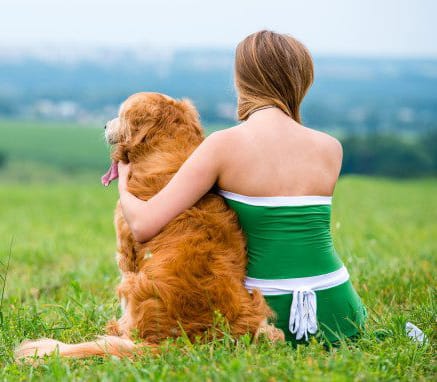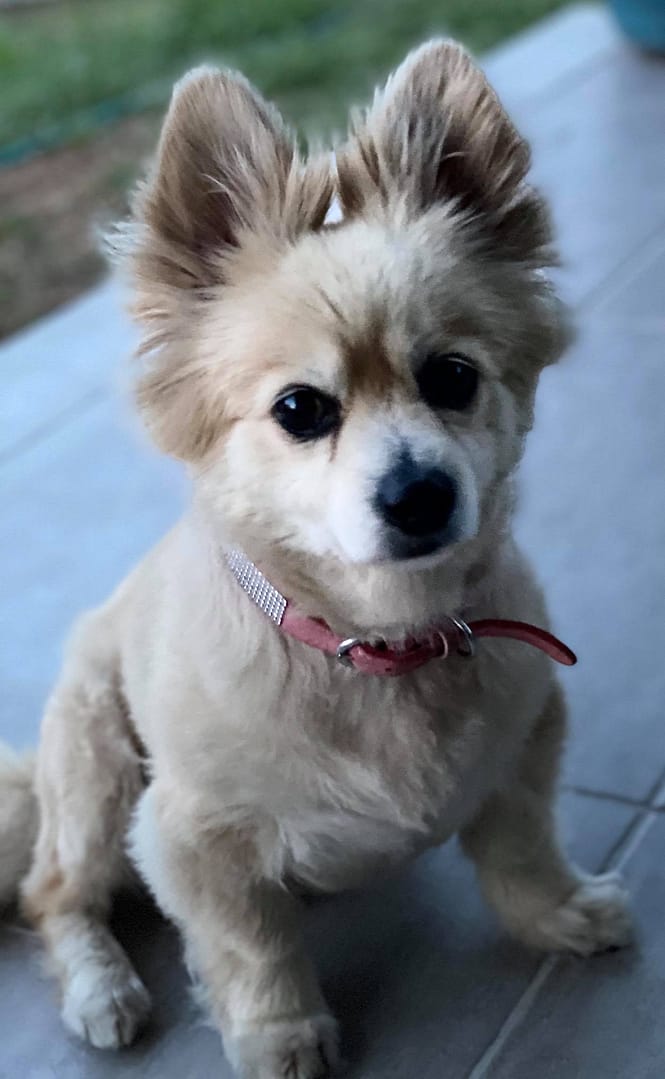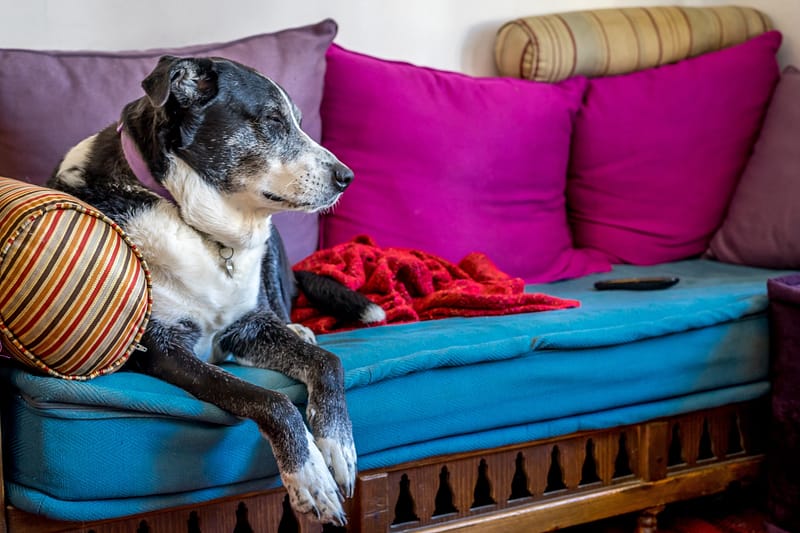Losing a pet is a heartbreaking experience, one that can cause feelings of overwhelming sadness, physical pain, anger, depression and stress. All of these feelings are a normal part of the grieving process.
Grief is a very natural response to losing someone who has shared part of our life. The process of grieving for a pet can be no different than mourning the death of a human. Everybody handles grief differently. There is no right or wrong way to respond to the emotions that you’re experiencing
When someone who has shared part of our life dies, we experience one of the strongest human emotions of grief.
Grief is a natural response to bereavement, but the emotions we feel can leave us devastated and confused. How we handle and understand it will determine whether the loss will completely overwhelm us, or whether we will find the ability to cope.
There are many steps in the grieving process, encompassing several physical, emotional, and mental states.
With some people, the stages are quite distinct – while others are not.
Some people work their way through grief in sequence while others struggle.
They seem to go forward and then go backwards many times as they “go through” the process of grieving.
It is not a temporary state of mind – it is a while process that may take anything up to the rest of your life to work through.
Most of us need to move through the various stages of our grief, in whatever order they come, so that we can finally begin to build a new life.
As supportive friends we need to:
How do other pets in the family cope?
It’s important to remember that other household pets may be affected not only by the missing pet but also because their sensitivity picks up that everyone in the household is suffering in some way.


Shock is the first reaction to the news of the death of our loved one: that that death is sudden it is often total disbelief.
Shock is the body’s way of coping with any traumatic situation in life.
It is a state of mind that allows us to gather our resources to cope with the following stages of grief.
The pressure of coping with bereavement may sometimes show in our bodies as headaches, asthma, flu-like symptoms, muscular pains, or some other illness.
We may become apathetic and lacking in energy, but this is not permanent.
A visit to the doctor may be wise, but it is often a natural way of telling us to “take it easy for a while” until we are back on top of things.
Many people find it difficult to grieve in today’s society, but we can grow as human beings if we are allowed to grieve fully.
It is important to realise that this is normal to feel low and alone, even when we have plenty of family and friends around us for support and comfort.
Almost everyone feels lost with a sense of complete separation form the pet that is no longer alive. We feel low in spirits and don’t know what to do or where to go to find relief. Many people fear that they may be going “crazy” with their grief, this is a normal human reaction, part of the recovery process.
Memories of the friendship and pleasure we shared with our pet pre-occupy us, and nothing else seems to give us support.
Now is the time to reach out to other people, it might not be easy but it is important to keep trying.
> Shock and disbelief
> Difficulty sleeping
> Physical pains like headaches, muscular pain and flu-like symptoms
> Difficulty concentrating on everyday tasks

Many people actively involved with a pet who was ill for some time feel a sense of relief when the pain and suffering has finally ended.
It is acceptable to feel relieved – it is quite normal.
We can accept that relief without feeling guilty.
It does help if you can share your memories with others by talking about the life and death of your pet.
The funeral and cremation process has been designed to say that special farewell, to keep the memories of your pet with you and your family.
Gradually we can start picking up the threads of some of the activities we enjoyed before.
Memories of the friendship and pleasure we shared with our pet pre-occupy us, and nothing else seems to give us support.
Now is the time to reach out to other people, it might not be easy but it is important to keep trying.
“But I only played with him yesterday,” if only I had been there!” These are typical reactions. When we have lost someone near to us, we often take on the blame for what has happened even when it is completely out of our control.
> Feeling lonely
> Crying, or a reluctance to cry
> Depression
> Stress
> Losing motivation in normal interests
> Feeling guilty

Transfers from 4pm onwards will be charged starting from $85.00 depending on your location.